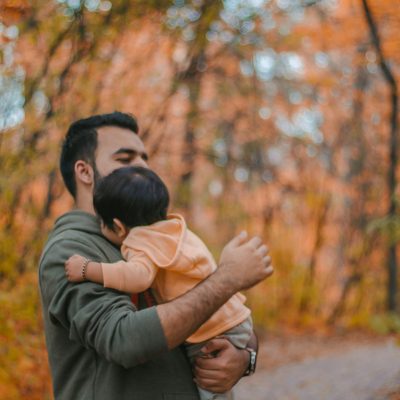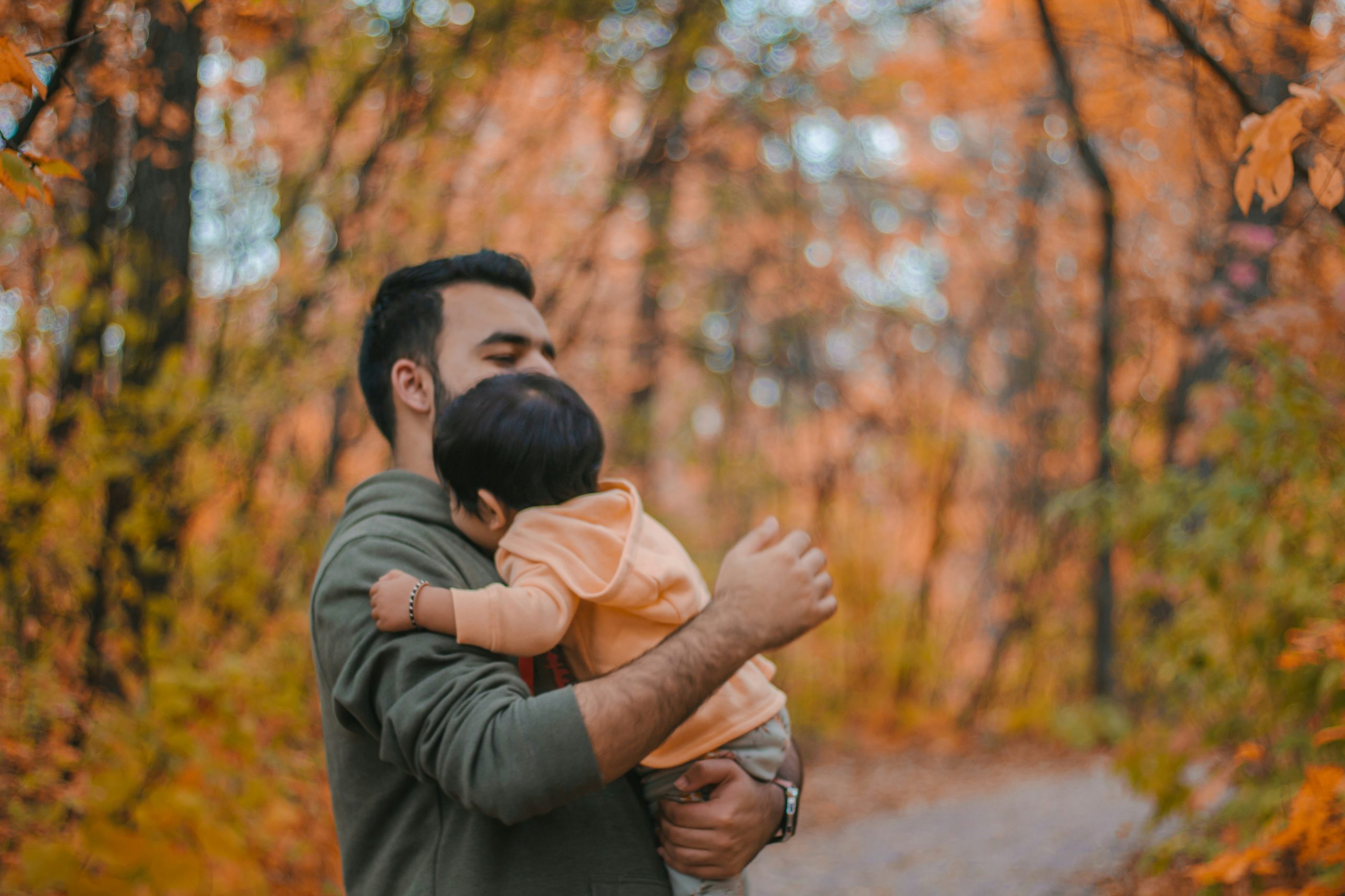Workshops
See You Soon At Our
Find workshops in your area or sign up to our database to be notified when we’re in your region next.
The Care Matters team is dedicated to reaching carers and families across Aotearoa. We collaborate closely with participants to design workshops tailored to their specific needs and interests.
Events


16 Jul 25
Search
Follow us
Want a workshop near you?
If you’re interested in a tailored workshop in your region, let us know. We travel across Aotearoa to deliver events that meet local needs. Workshops require nine attendees who are family and whānau carers.



